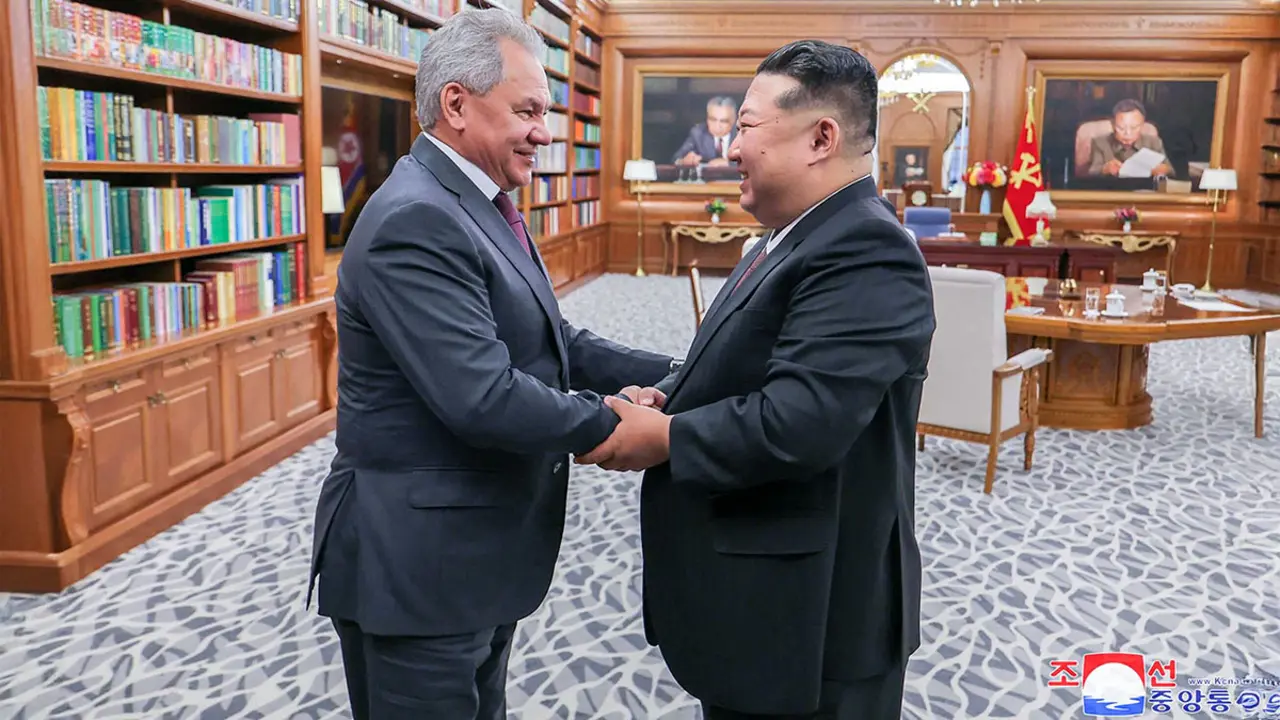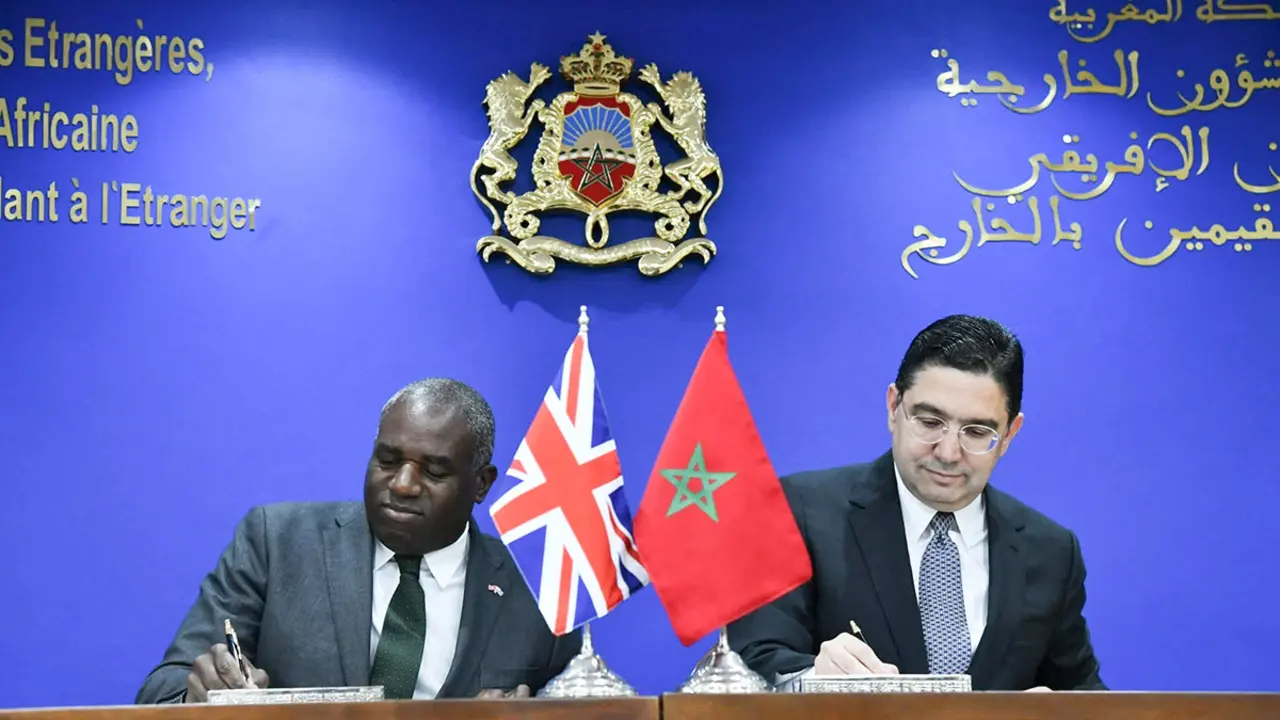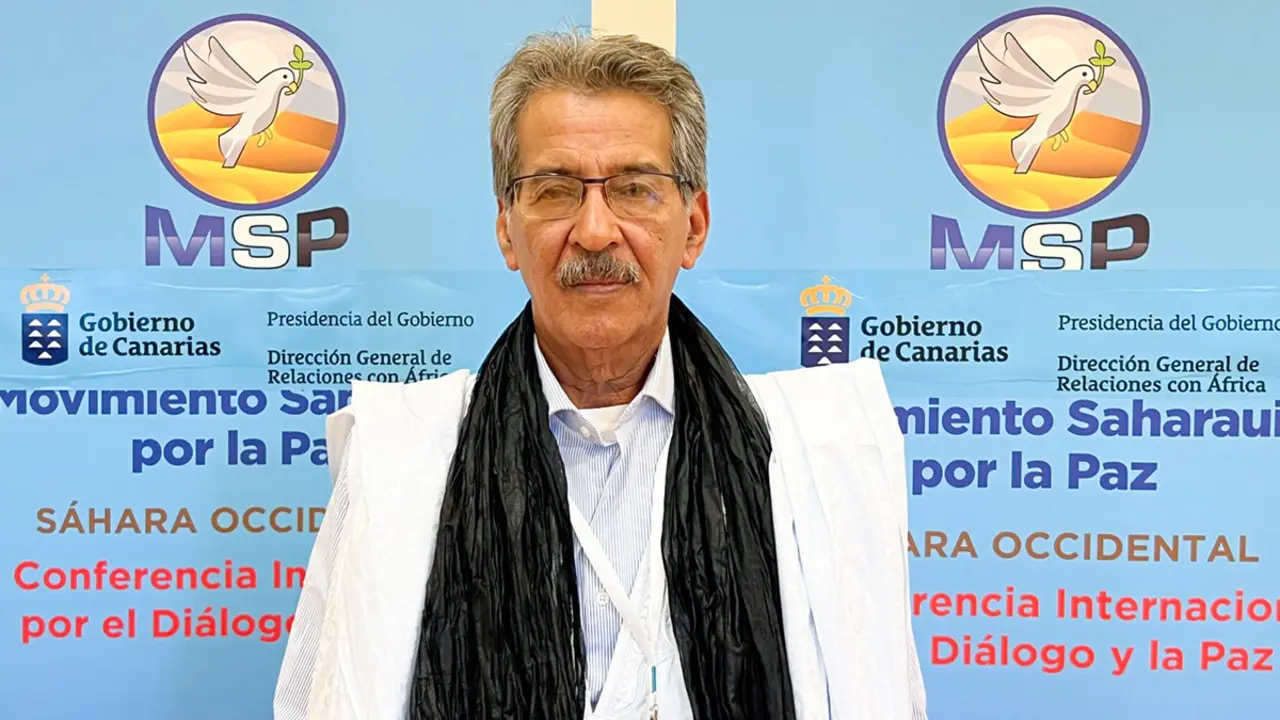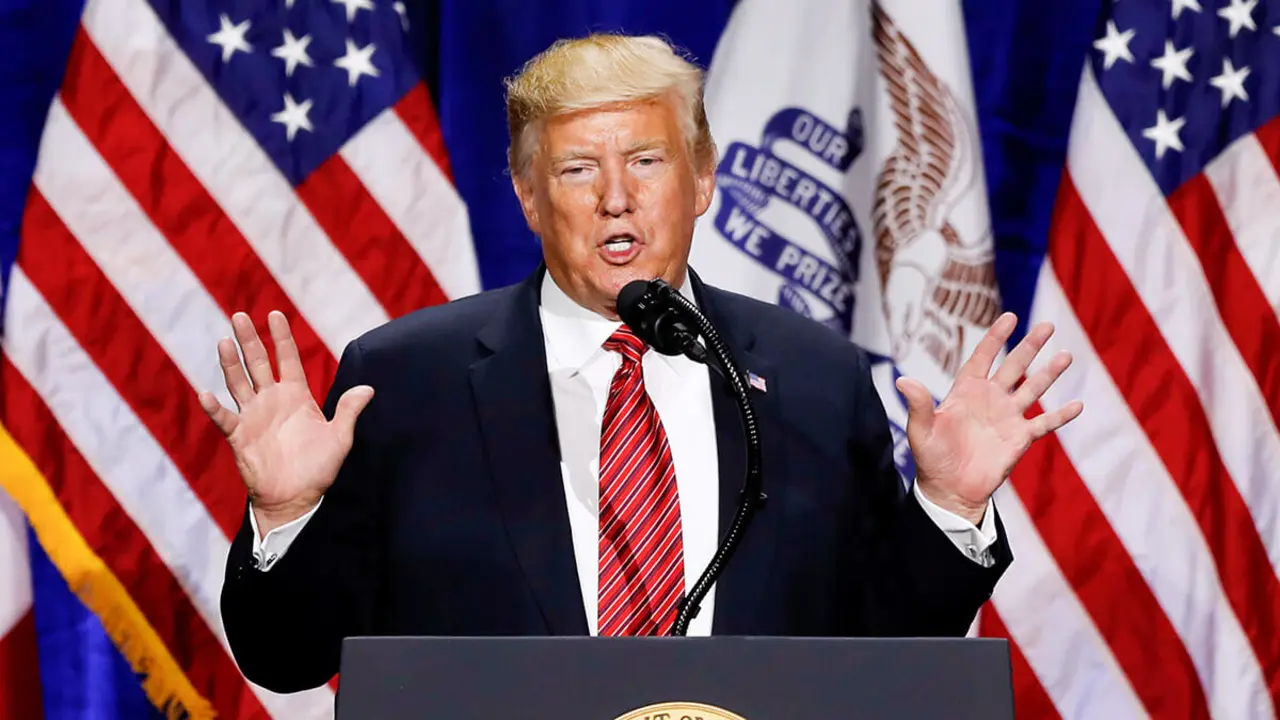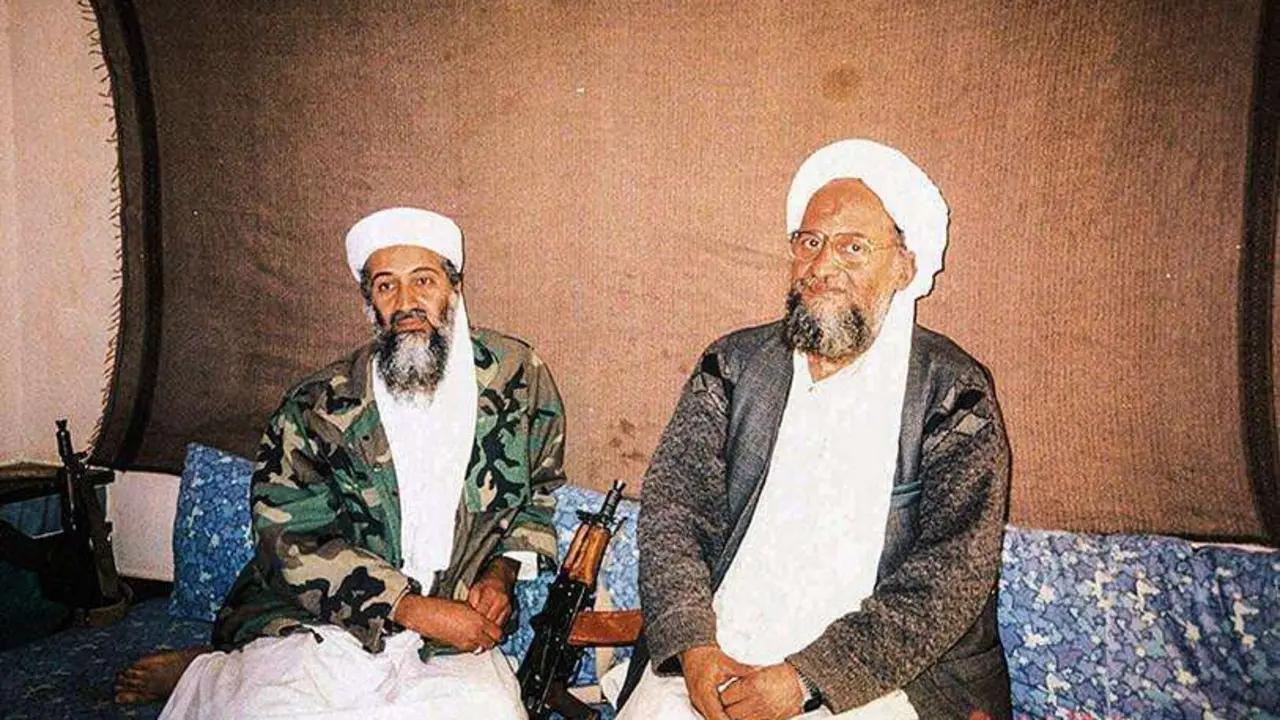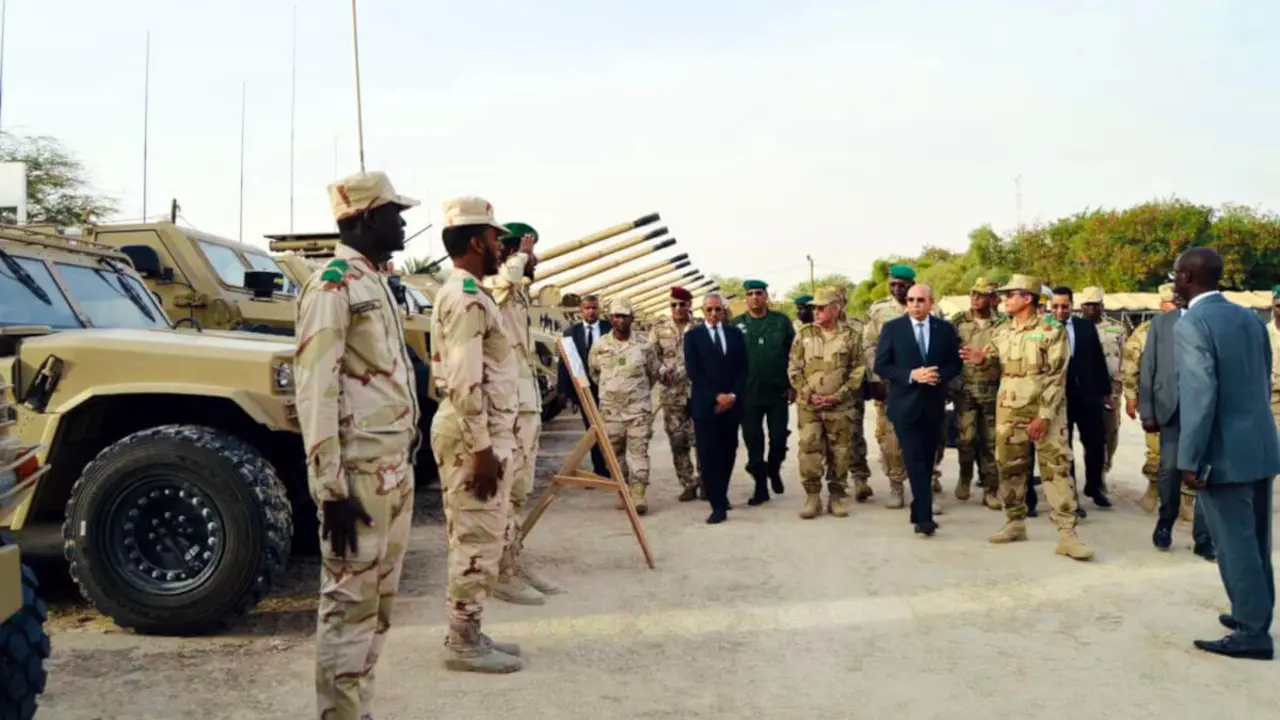Jordan holds elections amid confinement and economic crisis

Polling stations opened in Jordan this morning for the new parliamentary elections in a country sinking into an economic crisis exacerbated by the coronavirus pandemic.
More than 4.6 million Jordanians have been called to the polls on Tuesday to elect a new parliament, an election marked by a surge in coronavirus cases in the Hashemite kingdom that has forced the country's authorities to impose a total curfew of four days.
In a context of crisis and social tension, Jordanians are being called on to elect the 130 members of the House, including 15 seats reserved for women.
The election is to be held among 1,674 candidates, including 360 women, from 294 electoral lists for a no-hassle ballot, as Parliament plays a limited role in governing the country where King Abdullah II has broad powers.
Jordan is a parliamentary monarchy, where the king is a central figure and makes decisions on major political, economic and state affairs.
The previous parliamentary elections were held on 20 September 2016, for the first time with a proportional system of party lists and with the return of the Islamists after nine years' absence.
On 12 October a new government was formed, following the resignation of the previous one after the dissolution of parliament by the king on 27 September, after four years in office as stipulated in the constitution.

Several appeals were made through social networks to postpone the elections owing to the pandemic, but the government has indicated that the elections will be held.
Over 50,000 members of the security forces were deployed in the kingdom's 12 provinces to ensure the smooth running of the process and, in particular, respect for health measures. "We have tried to protect the voting centres and monitor compliance with health measures," the head of the Public Security department, General Hussein Hawatmeh, told state television today.
Polling stations in Jordan opened at 7am (5am GMT) and will close at 7pm (5pm GMT), although authorities have warned that voting hours may be extended by up to two hours due to the strict measures imposed, which may discourage participation in these elections.
Jordanian voters are voting this Tuesday in a parliamentary election contested by candidates who campaigned with promises of a better life for citizens rather than a political platform, in a country sinking into an economic crisis exacerbated by the coronavirus pandemic.
Deprived of natural resources and highly dependent on foreign aid, particularly from the International Monetary Fund (IMF), this small country of 10 million inhabitants, which has been badly affected by the influx of Syrian refugees, has a public debt of over 100 percent of GDP.
Jordan has been badly affected by the coronavirus, particularly in the tourism sector, which lost some 2.5 billion euros in revenue in the first eight months of this year, and thousands of jobs are now threatened by the second wave.

These elections are facing a difficult economic situation, with an unemployment rate of 23% in the first quarter of 2020, and demonstrations demanding wage increases. Many candidates have made the economy the priority in their speeches, in a country where the poverty rate is 15.7% of the population, according to the World Bank.
A total of 41 political parties have presented candidates on single or mixed lists, with independents backed by tribal leaders.
The candidates include representatives of the main tribal clans, independents and left-wing figures, but the biggest opposition force is the Islamic Action Front (IAF), a political affiliate of the Muslim Brotherhood movement which was dissolved in July when the formation had 17 seats, the largest number of deputies, in the outgoing parliament, a number that made them a majority group.

